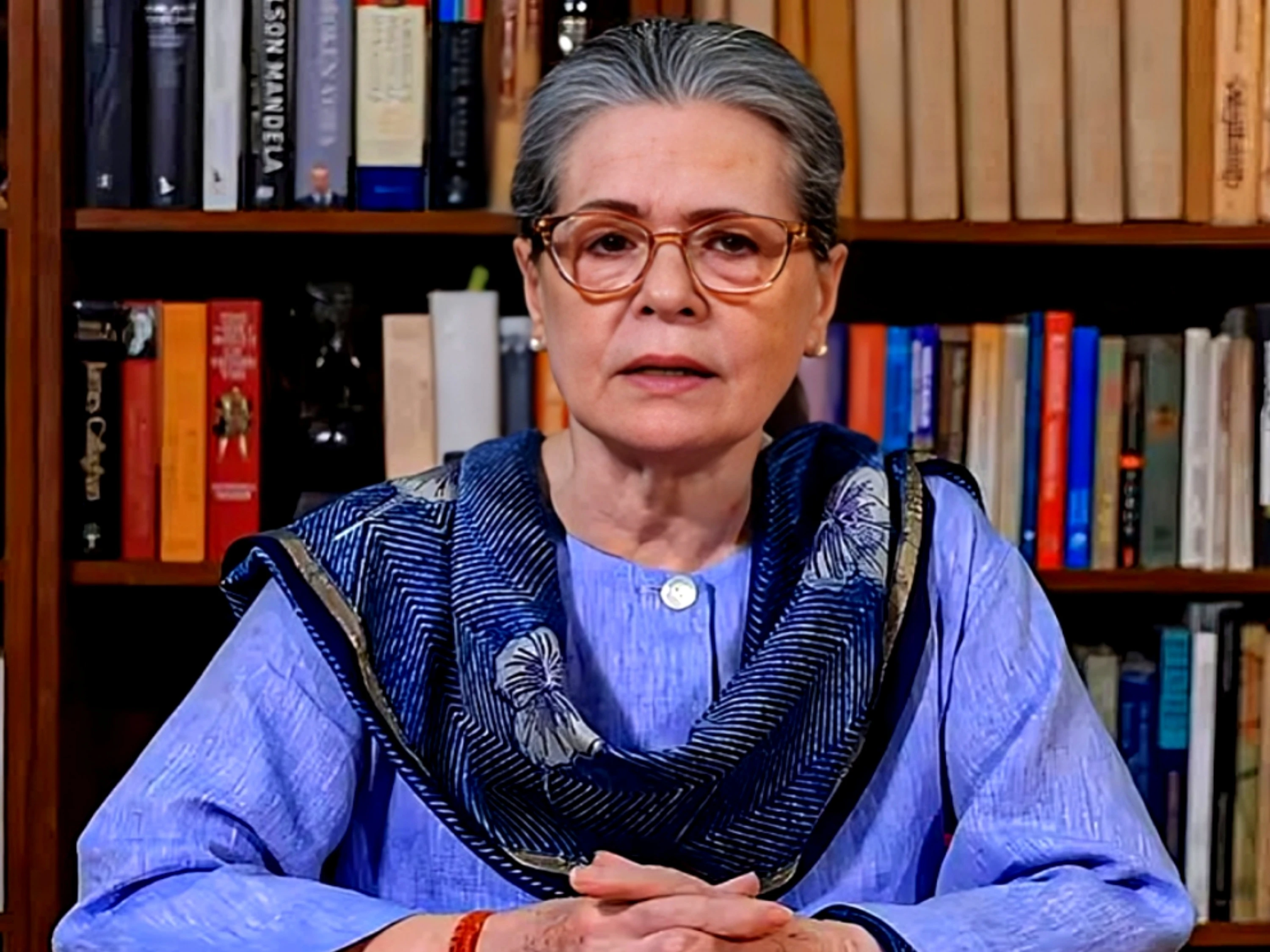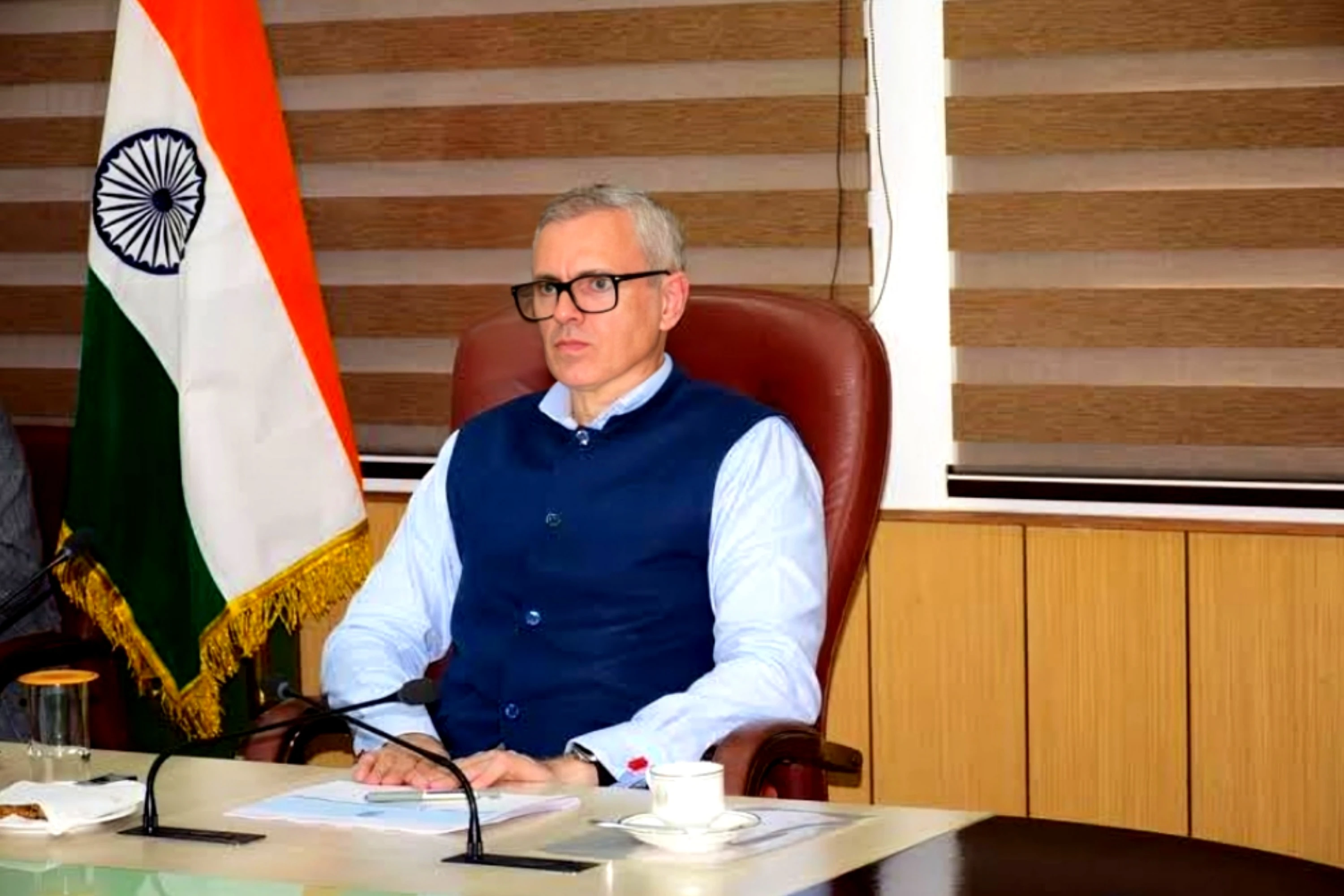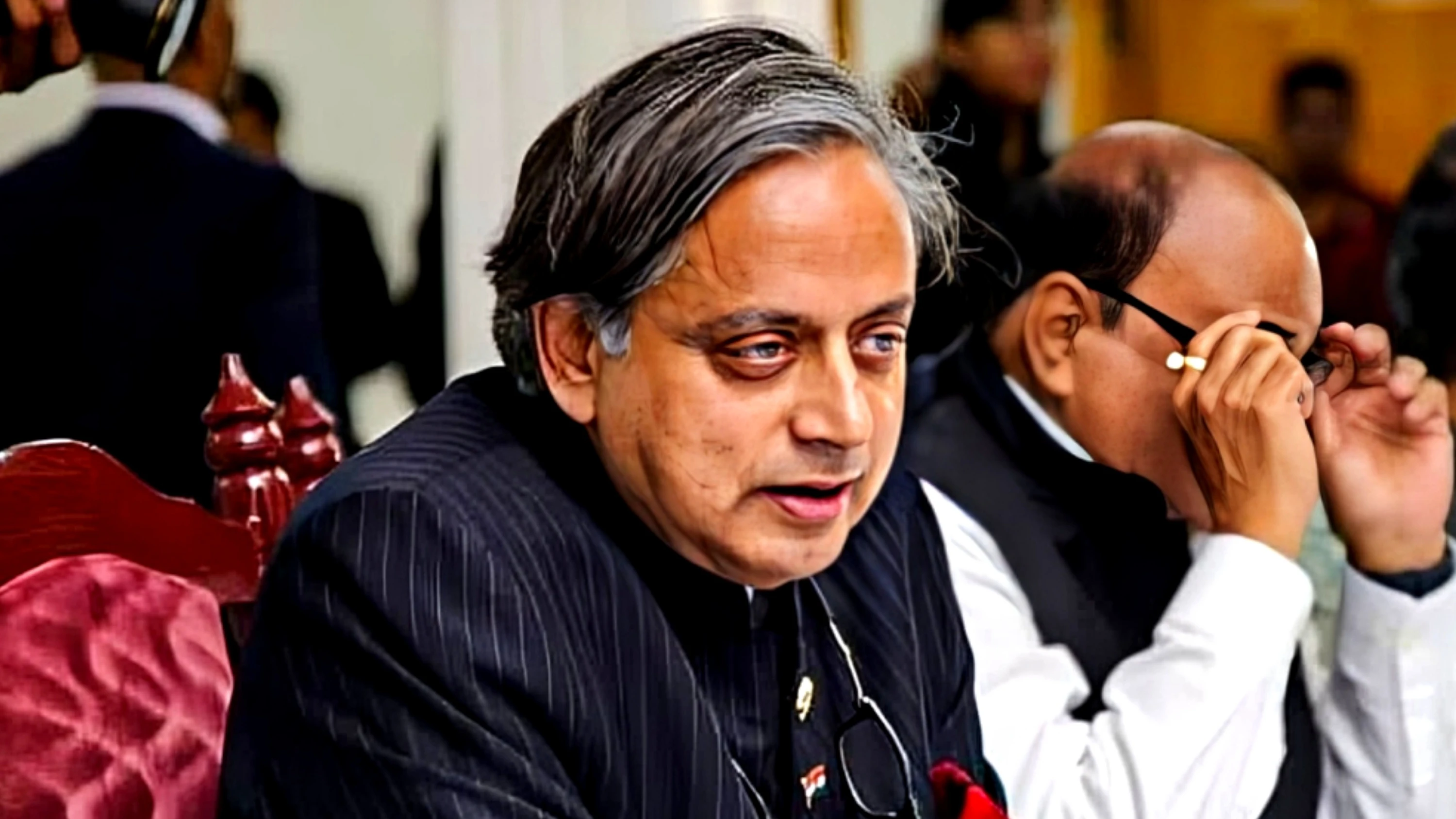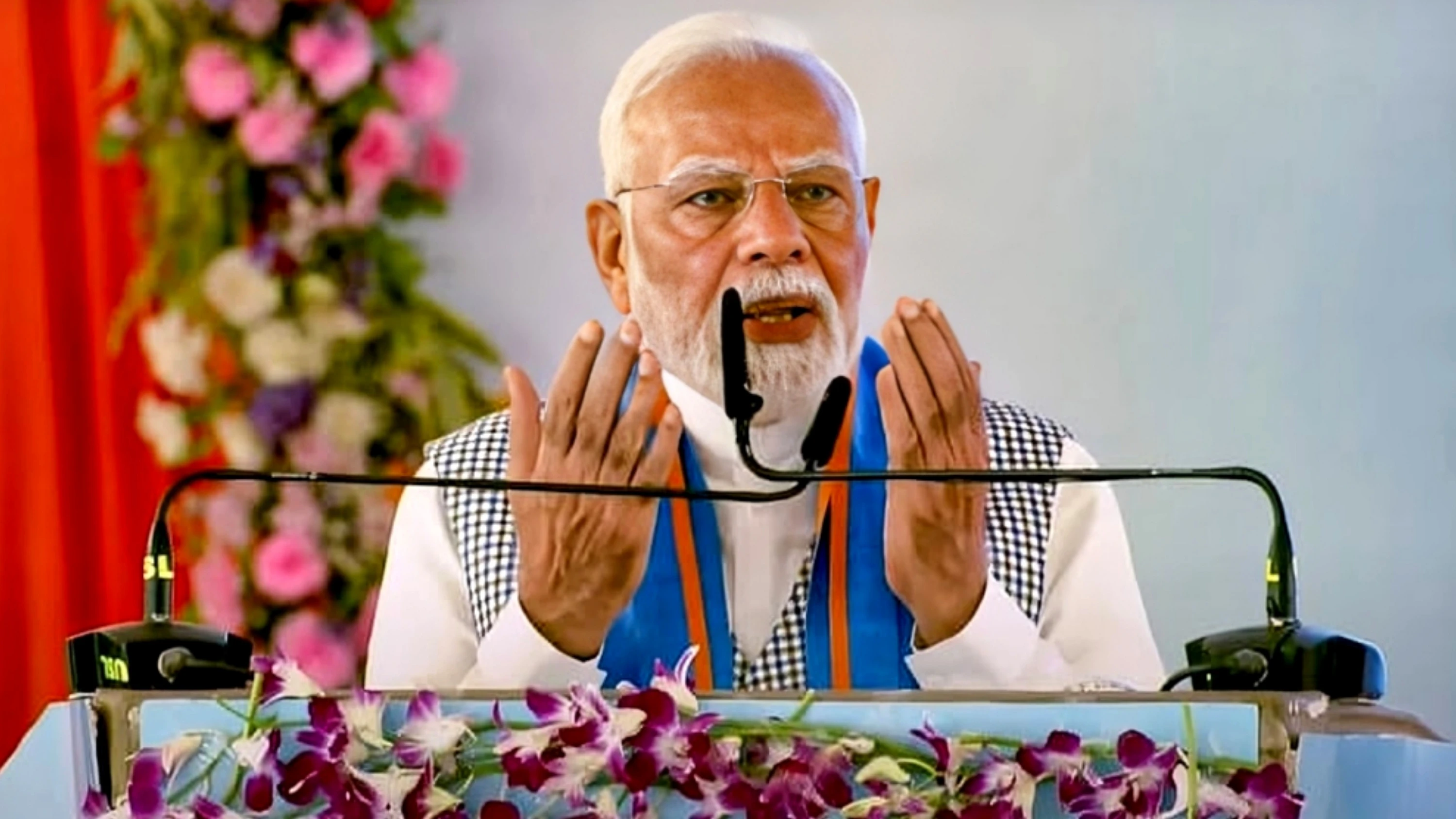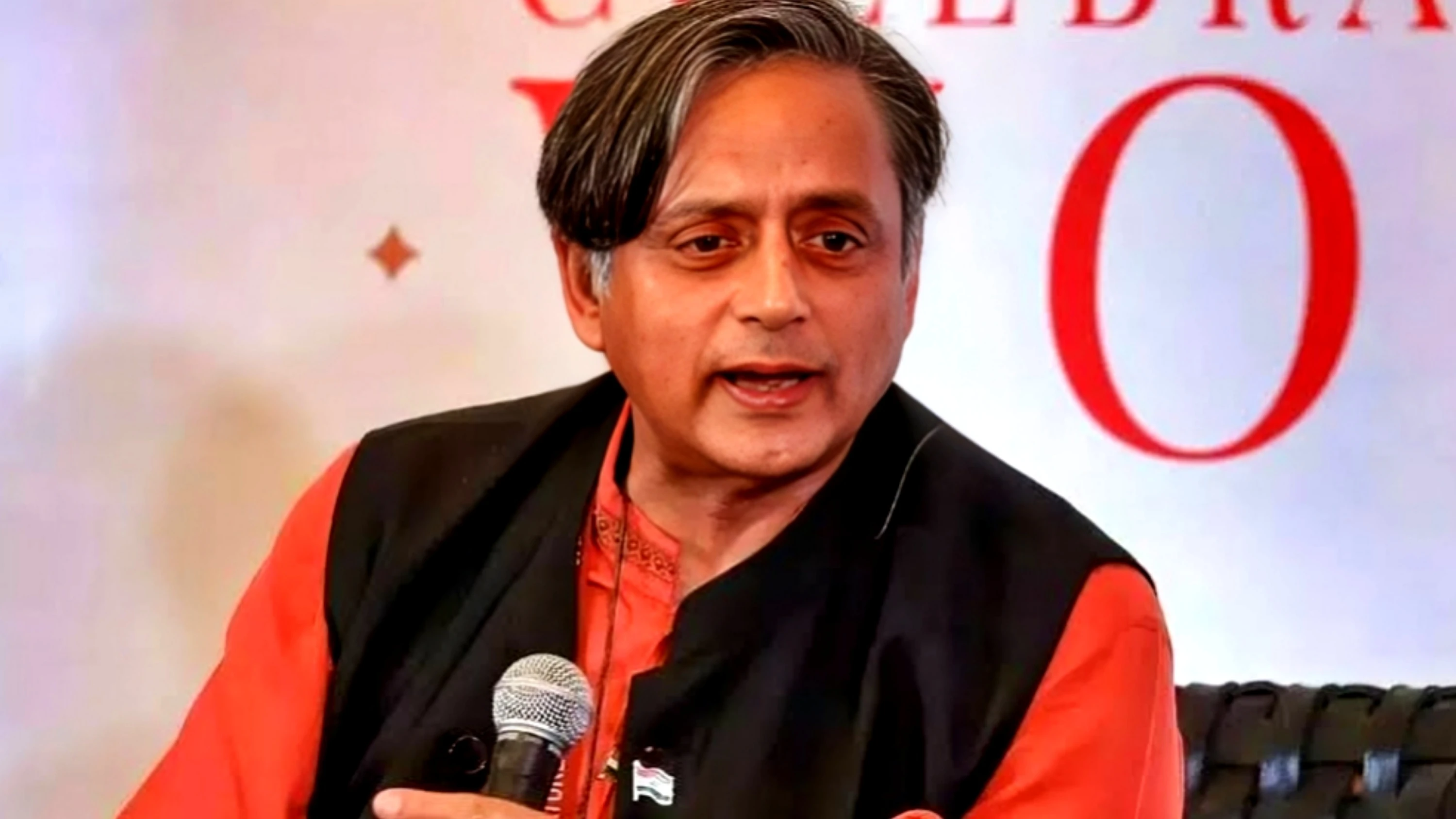New Delhi: In a strongly worded critique, Congress Parliamentary Party chairperson Sonia Gandhi has accused the Modi-led government of abandoning India’s traditional diplomatic values by remaining silent on the recent escalation between Israel and Iran, as well as the prolonged crisis in Gaza.
Writing in The Hindu, Gandhi expressed concern over what she described as a “troubling” shift in India’s foreign policy stance. “New Delhi's silence on the devastation in Gaza and now on the unprovoked escalation against Iran reflects a disturbing departure from our moral and diplomatic traditions. This represents not just a loss of voice but also a surrender of values,” she wrote.
The former Congress president said the Modi government’s failure to publicly respond to Israel’s aggressive military actions in both Gaza and Iran runs counter to India’s historic commitment to a peaceful, two-state solution in West Asia.
Gandhi criticised the government for distancing itself from its traditional support for Palestinian sovereignty, saying, “In the face of this humanitarian catastrophe, the Narendra Modi government has all but abandoned India's long-standing and principled commitment to a peaceful two-state solution, one that envisions a sovereign, independent Palestine living side-by-side with Israel in mutual security and dignity.”
Addressing the recent Israeli airstrikes on Iranian nuclear and military installations, Gandhi condemned the attack as an act of "unilateral militarism" and warned it could deepen instability in the already volatile region. She claimed these strikes demonstrated “utter disregard for civilian lives” and were part of a broader pattern of Israeli aggression under Prime Minister Benjamin Netanyahu, whom she accused of “nurturing extremism.”
Gandhi urged the Indian government to take a firm diplomatic stand and to use its strategic ties with both Israel and Iran to de-escalate tensions. “This unique position gives our country the moral responsibility and the diplomatic leverage to act as a bridge for de-escalation and peace,” she wrote.
Highlighting Iran’s past support for India, particularly during the 1994 United Nations human rights vote on Kashmir, Gandhi noted that Tehran has often stood by New Delhi in key moments, unlike the pro-Pakistan tilt of the pre-revolutionary regime in Iran.
She also pointed to the millions of Indian citizens working in the Middle East, stressing that regional instability directly impacts their lives and safety.
Her article comes days after Prime Minister Modi held a call with Israeli Prime Minister Netanyahu, during which he reportedly expressed concern and called for peace in the region. However, Gandhi deemed the response inadequate and lacking in moral clarity.
In her piece, she also criticized U.S. President Donald Trump for dismissing intelligence assessments about Iran's nuclear capabilities, calling his stance “deeply disappointing” and reflective of the international permissiveness that enables Israeli actions.
Concluding her op-ed, Gandhi called on the Indian government to reclaim its voice on the global stage and to reassert the country’s longstanding diplomatic values rooted in peace, dialogue, and multilateralism.

